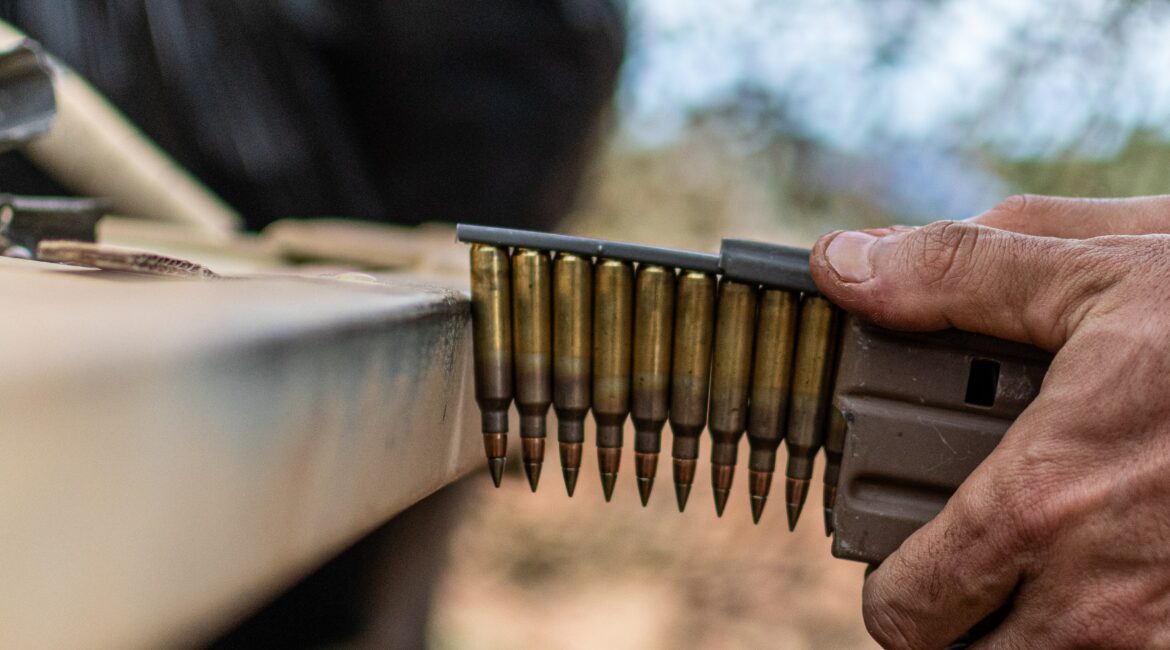In the past two decades, Iraq has experienced significant and sometimes violent changes, which led to sectarian and ethnic rifts. Moreover, some of the internal divisions were influenced by regional or international rival actors, each having its own stake in mind.
For many years, as part of the ongoing Kurdish–Turkish conflict, Turkey has carried operations not only on homeland, but also in northern Syria and Iraq, fighting against the Kurdistan Workers' Party (PKK). The party, which is the main Kurdish group who demands an independent state of Kurdistan - partly located on the Turkish territory – is listed as a terrorist organisation by Turkey, the EU and US, being considered a security threat for the region. Human rights groups say many civilians have died during Turkey's anti-PKK offensive.
Turkey promoted itself as a frontline state, constrained to defend its territory by confronting the PKK in order to prevent the terrorist organisation from using the territory of Iraq to launch attacks on Turkey. Taking into acount PKK's settlement in northern Iraqi mountains, and the fact that Iraq could not stop the PKK's attacks on Turkey from its territory, Turkey had the warrant for launching its series of operations in northern Iraq named Operation Claw (1-2-3, Claw-Tiger, etc)
As a result, many high-level officers of the PKK were neutralized. In the context of conducting security operations, the term is usually used by the Turkish authorities to refer to the terrorists that either surrendered, were killed or were captured. At the moment, in northern Iraq the Turkish Armed Forces carry two joint operations against PKK targets, Claw-Lightning and Claw-Thunderbolt. They were initiated on April 23 in order to root out PKK militants along the Turkish-Iraqi border - Metina, Zap and Avashin-Basyan regions. Unitl now, the Turkish authorities anounced that the two anti-terrorism operations destructed 500 targets and "neutralized" 142 militants. În the same time, plenty of civilians living în the border regions are critically impacted by Turkey’s bombings. These bombardments have devastated the region where hundreds of families used to live, making it hard to endure.
One of the latest attacks targeted Makhmour refugee camp, a location about 180 kilometers south of the Turkish border in northern Iraq that hosted thousands of Turkish refugees for more than two decades. The attack was one of Turkey’s deepest into Iraqi territory since it launched operations Claw-Lightning and Claw-Thunderbolt. The strike on the camp housing thousands of Kurdish refugees from Turkey took place three days after Turkish President Tayyip Erdogan warned Iraq that Turkey would "clean up" a refugee camp which it says provides a haven for Kurdish militants. As a response, dozens of kurds marched in Iraq's province of Sulaimaniya later on Saturday to denounce the Turkish incursion. In the same time, Peshmerga forces demand imediate actions from the Iraqi Federal Government to put an end to the the ongoing Turkish military operations in region and to PKK to take their fight somewhere else, away from Kurdish homes and the Kurdistan Region.

